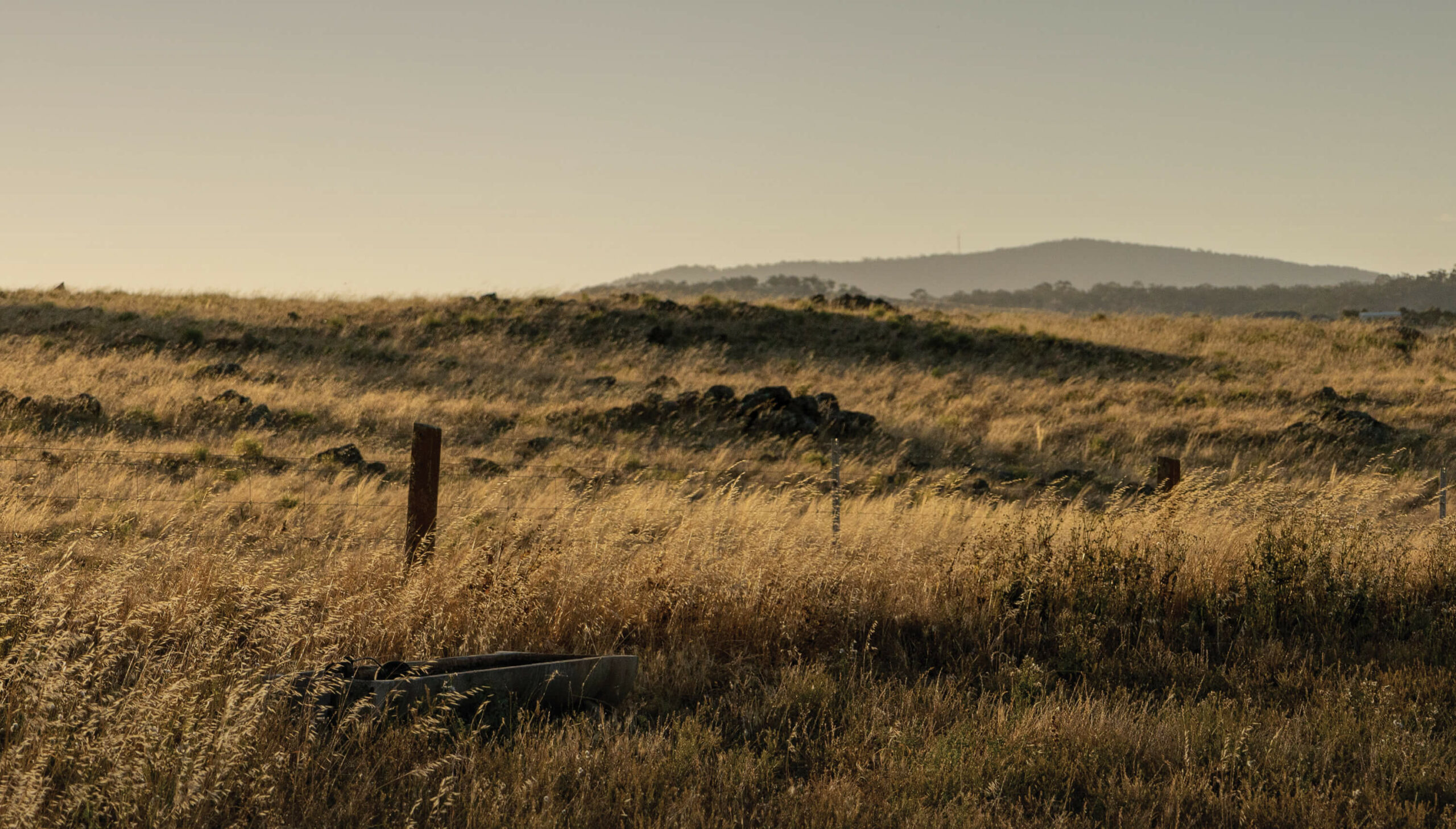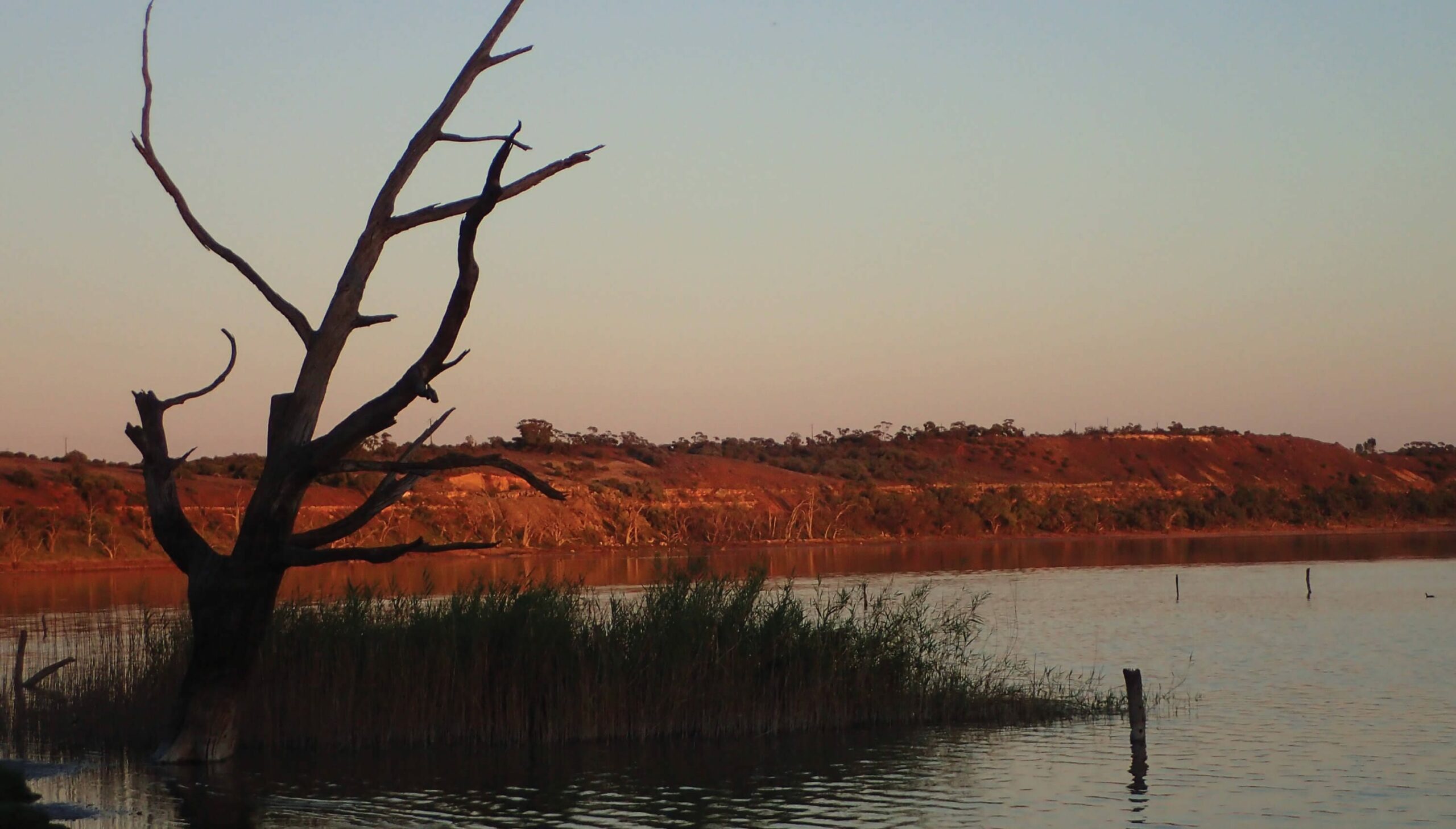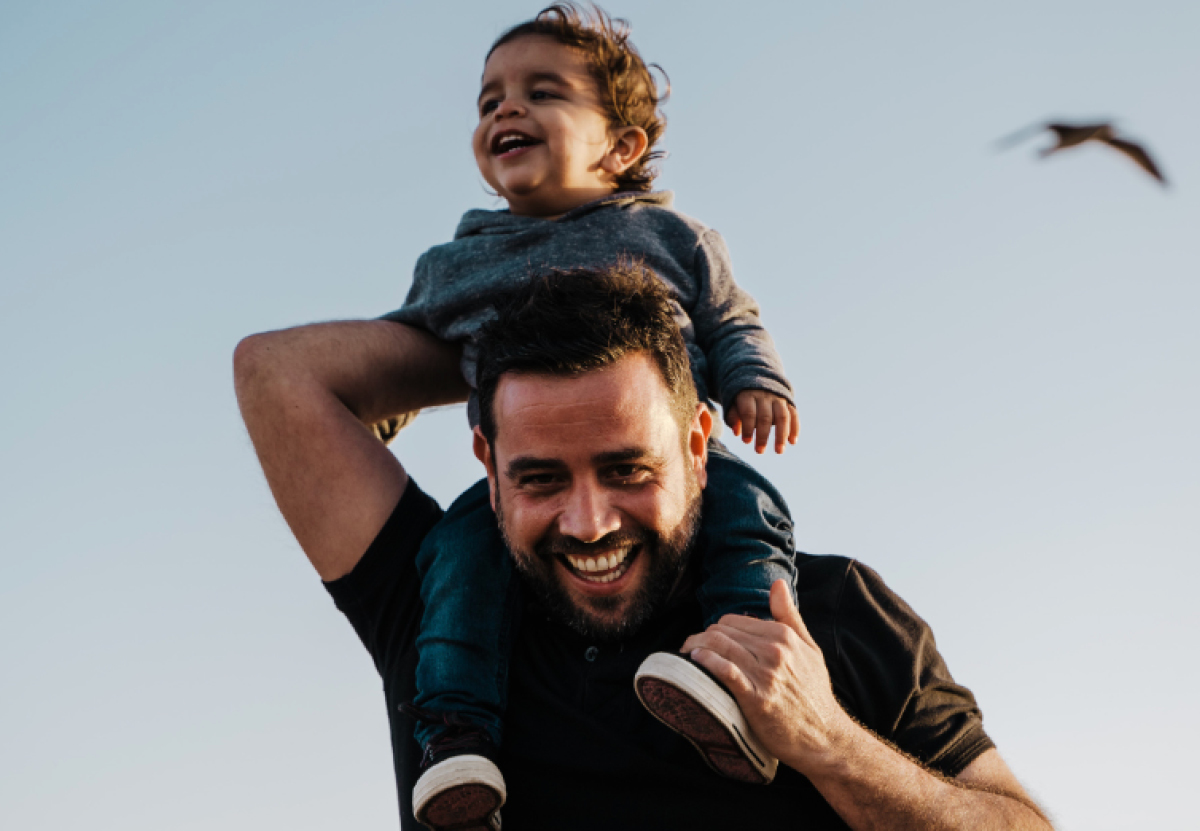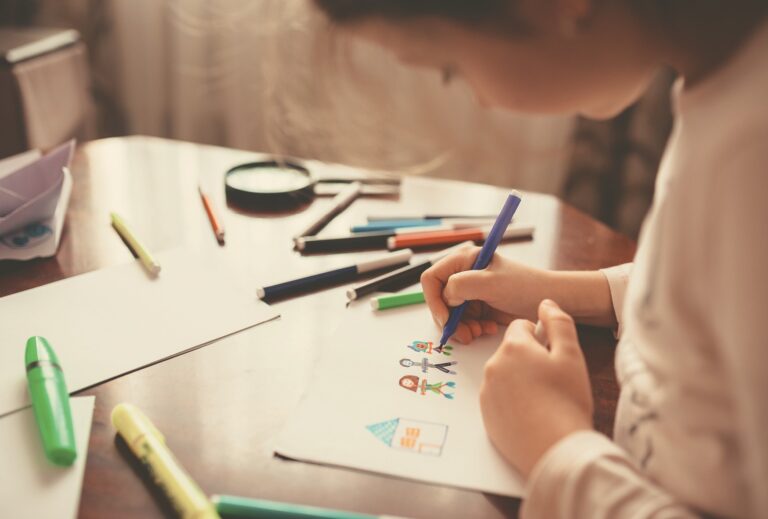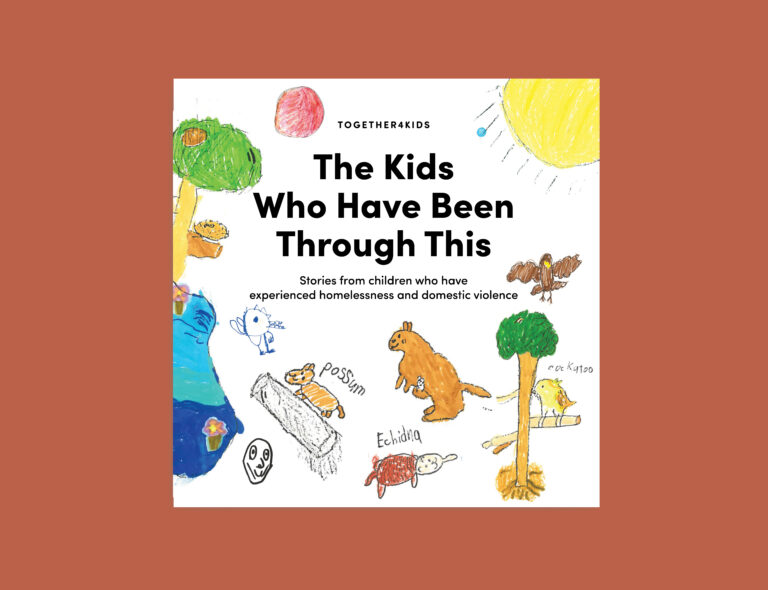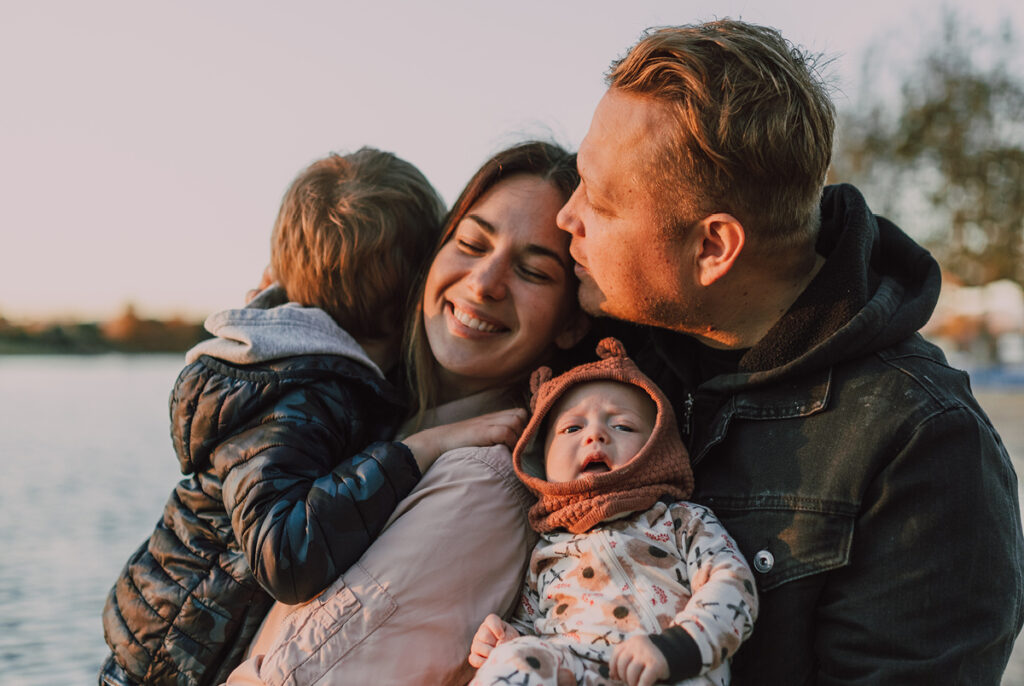In Part 6 we talk about how parents can repair damage from parental conflict and how to be your child’s hero. Let’s Talk About Conflict is a seven-part video series, each 5–10 minutes in duration, with supportive learnings and takeaways.
Parents are Healers
As a parent, you are the best healer. It is never too late to learn how to do it differently – with the right support. Saying sorry for conflict that you were part of is a critical tool for re-stabilising your child.
You can be a Positive Role Model
When you step into the shoes of being the emotional hero in your child’s life, you are a positive role model who helps your family recover from conflict and violence, and who prevents future conflict and violence.
Saying sorry for conflict and violence that you were part of is a critical tool for re-stabilising your child. There are six steps to a developmental apology about parent conflict.
There are specialist services available to help family members work through very difficult issues of high level conflict and violence. Seek professional advice if you think you need some assistance.
6 Steps Towards A Developmental Apology
- Recognise that the violence occurred and it caused confusion, distress or pain for your child and for you.
- Acknowledge it was wrong. Violence is never right, it’s illegal. Own it. Speak only for yourself and never blame anyone else in this apology.
- Name the consequence and how it made your child feel. Let them know you feel it too.
- Apologise – say sorry and let them know you will do everything you can to keep you and your family safe.
- Reassure your child that none of it was their fault.
- Make a commitment to repair and prevention and let them know what you will do to make them feel safe.
Reflections
Consider how you might say sorry to your child during times of conflict.
Watch the Full Series
The series is designed for use by parents, whether they live together or are separated. It is a practical tool to support them to reduce the impact of their conflict on their children’s emotional and social development.
Based on more than 20 years of scientific research and practice evidence, it features ideas and tips from experts that are direct and to-the-point. The series also highlights the real experiences of parents who have made real-life challenges related to the conflict in their family. To explore how parental relationships affect children, what the full series:
- Introduction: Let’s Talk About Conflict
- Part 1: What is ‘parental conflict’, and why should we talk about it?
- Part 2: What your parents did not know
- Part 3: How does parental conflict impact on child development?
- Part 4: How do children adapt to parental conflict?
- Part 5: How can parents manage parental conflict?
- Part 6: How can parents help repair damage from parental conflict?
Please note that Relationships Australia SA does not offer a certificate or verification of completion for these videos.
Acknowledgments
Let’s Talk About Conflict © was written by Jennifer E. McIntosh and Craig Olsson from the Centre for Social and Early Emotional Development (SEED), Deakin University. It was produced by Relationships Australia SA.

